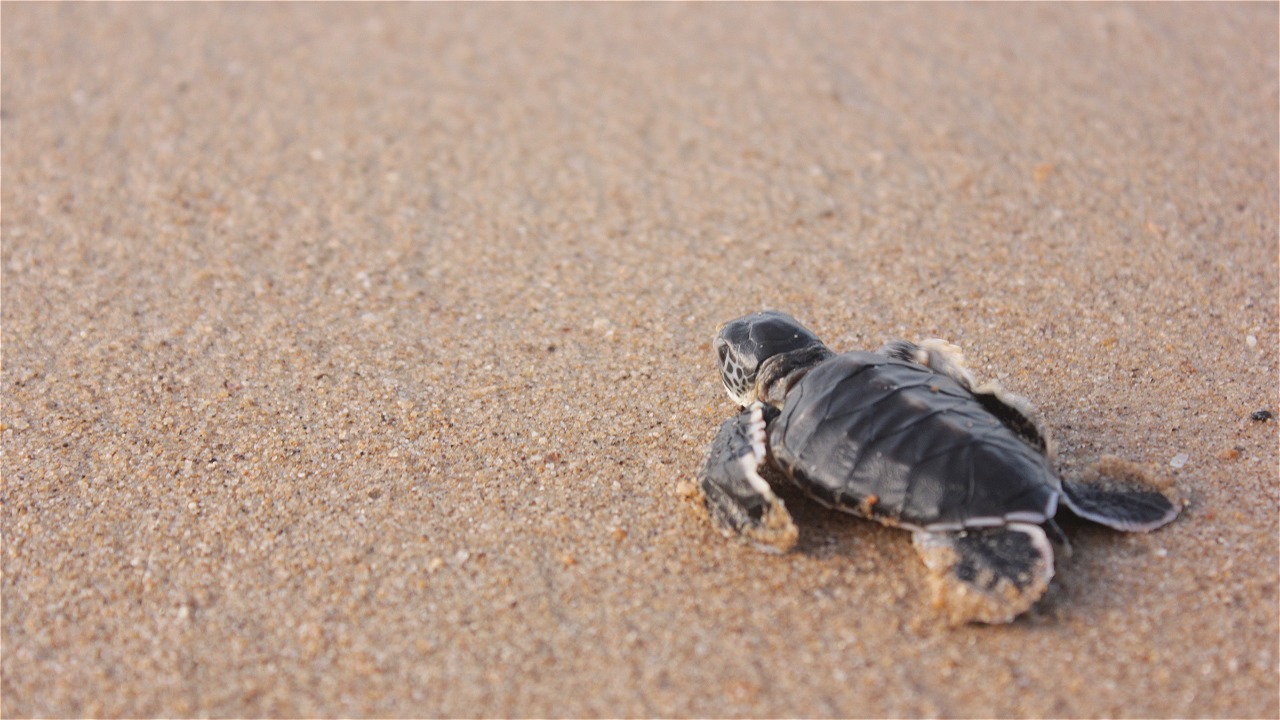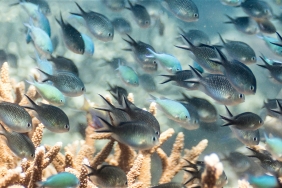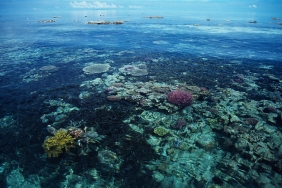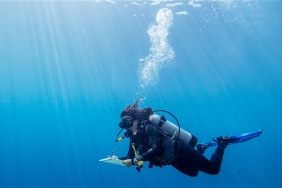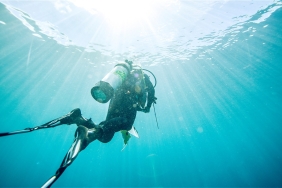A GLIMMER OF HOPE FOR SEA TURTLE CONSERVATION
By: Agri Aditya Fisesa
Jakarta (11/07) - Hermanto (33 years old) parked his motorcycle on the beach after seeing a turtle trail when he was on a security patrol at the turtle nesting beach, Paloh District, Sambas, West Kalimantan. That night, Monday (02/07) was his group's scheduled duty.
Herman, as he is usually called, is a member of the Kambau Borneo Community Supervisory Group (Pokmaswas). Together with this group, he carries out his duties to carry out security patrols as well as data collection of turtles that come to the beach to lay eggs.
Slowly he followed the trail that formed on the white sand. "Please put out the cigarette, Mas, turtles are sensitive to light," he said as we got closer to these reptiles that have gone through millions of years of evolution. Sea turtles are sensitive to light and other disturbances. "If they are disturbed, they will not lay their eggs. The safest time to observe is when the turtle has laid its eggs, buried them in sand and when it is about to return to the sea," he added.
The turtle that rises is the Green Turtle (Chelonia mydas). The number of eggs in the nest is approximately 113. Before Herman took to the field, he had been equipped with knowledge and training about this marine species.
Pokmaswas Kambau Borneo was established on May 25, 2011 with 26 members. The formation of this group was initiated by the Paloh community who were concerned about the rampant illegal trade in turtle eggs and the decreasing number of turtles coming up to the nesting beaches. They have the same concern, how to preserve the Paloh turtles, protecting the endangered species from turtle egg poachers.
Although the group is relatively young, it does not have the same proud achievements. For last year's peak nesting season, members of the group managed to secure nests for 95% of the turtles that went up to lay their eggs. This is a commendable effort considering the group members are not paid for their work. "WWF tries to assist this group with logistics and transportation assistance during their duty," said Dwi Suprapti, Coordinator of WWF-Indonesia Paloh Program.
The challenges faced during the task are also not easy. They have to face turtle egg poachers who always change the mode of operation in order to trick the officers. Inner struggles are also often experienced when faced with fellow communities, both neighbors and relatives or family. They also often hear slanted accusations about this job. But they can overcome everything. Persistent effort will always pay off.
While waiting for the turtles to dig their nests, we sat and talked looking out at the ocean. He told me about the thoughts that often crossed his mind. "This is ours, who else will keep it sustainable? Don't let future generations only hear stories about turtles in Paloh. There needs to be awareness to the community and this is not easy," said Herman. From the firmness of his voice there is a strong desire. Where hope for the future traces of Paloh turtles recorded along the white sand along with the small steps of the hatchlings towards the horizon to navigate the ocean.

